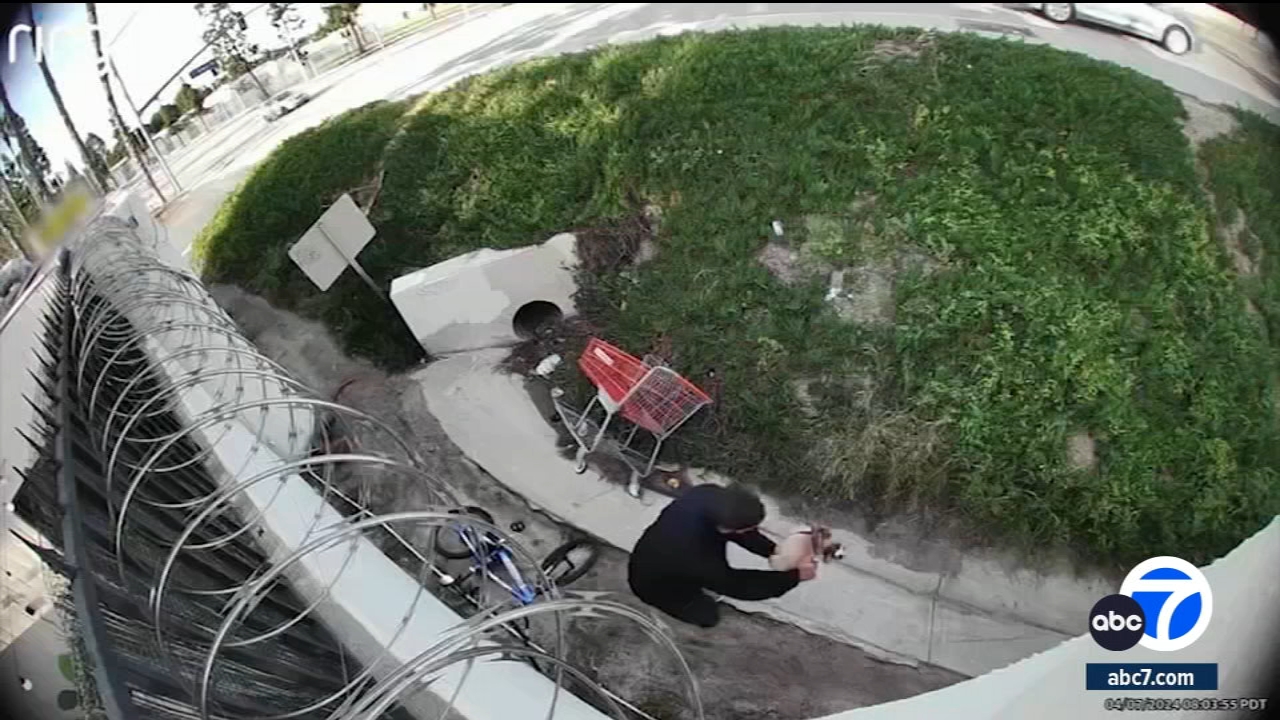USC scientists say artificial intelligence can compute formulas for successful vaccines against COVID variants

Could COVID-19 variants lead to a fourth surge? The CDC says current vaccines are still effective, but how do we stay ahead of more mutations?
USC researchers are looking for ways to stay one step ahead of these variants with the help of artificial intelligence.
A team from the USC Viterbi School of Engineering is using a sophisticated neural network to analyze potential virus mutations and create a vaccine to match it.
"When you construct a vaccine, it's very much like making soup," said Assistant Professor Paul Bogdan, Phd.
Soup ingredients picked from hundreds of thousands of protein sequence permutations.
California's 1st case of Brazilian COVID-19 variant found in San Bernardino County

Bogdan along with researchers Zikun Yang and Shahin Nazarian developed a machine-learning model that can do that in seconds.
"Every time you put a protein sequence into this deep neural network, it can tell you whether the input is OK for vaccine subunits," Yang said.
Fellow computer scientist Shahin Nazarian, Phd. said, "Our job is basically looking at different problems and then delivering the algorithm that solves that problem."
An AI-assisted computer model can speed up the development of highly accurate vaccine boosters and figure out how effective and compatible they are in different ethnicities.
So why hasn't this been done earlier with other viruses and vaccines? For one thing, this is the first time information is being shared openly and quickly worldwide. And the mRNA platforms make it easier to change genetic instructions in the vaccine.
"It can work really well with the mRNA technology," Bogdan said.
Yet, what happens in theory doesn't always work the same in people.
"You still have to check and do the clinical trials," Bogdan said. "Nothing will escape that."









